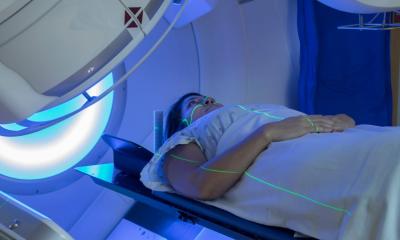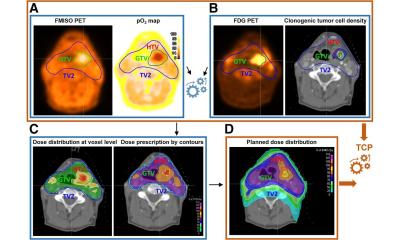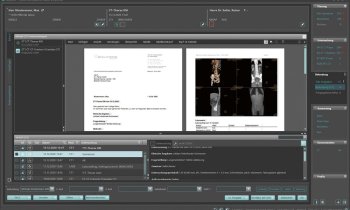SPAIN: Reduced radiotherapy procedures
Andalusía - Surgery and chemotherapy have overtaken radiotherapy for cancer treatments.
According to a study carried out by Dr. Patricia Cabrera Roldán, of the Radiology and Physical Medicine Department at Granada University, and directed by Prof Jose Exposito Hernandez. Based on one year’s data, from among 10 Andalusian public hospitals, of patients who were submitted to radiotherapy procedures to treat breast, lung, head and neck, cervix or endometrium cancers, the researchers analysed the frequency of application of radiotherapy treatment in cancer patients (rate of radiation) and determined the existence of substantial differences in the application of radiotherapy treatment among different hospitals.
The research revealed that radiotherapy procedures varied depending on the hospital in which they were delivered. The main differences: common treatment procedures (purpose and type of treatment, simulation methods used in the treatment, immobilisers or verification systems) and the definition of the treatment itself (total dose and treatment volume). ‘Radiotherapy is not used as much as expected for the treatment of cancer in the hospitals analysed,’ said Dr Roldán, who pointed out that her statement applies to the five hospitals studied. The cause, she suggested, is partly due to ‘incomplete equipping of the hospitals’ high-energy units’ as well as doctors’ preferences, because the application of radiotherapy ‘varies among the hospitals studied, even when an equal number of treatment machines are available for use’.
It was also found that patients generally started their first cancer treatment on time and without inappropriate delays, ‘… even though the application of radiotherapy treatment often exceeds appropriate time limits, and varies depending on the hospital in which such treatment is applied,’ she added. That excess of time may be caused by the fact that most of the patients receive treatment combined with surgery, radiotherapy and chemotherapy, she suggested.
The researchers suggested that health authorities should adjust the material means necessary for the treatment of cancer in Andalusia, and improve the introduction of cancer treatment protocols, agreed and based on scientific evidence.
Cancer is the second main cause of death in our society after cardiovascular diseases. However, it is estimated that in the 21st century, cancer will become the leading cause of death.
30.10.2007








